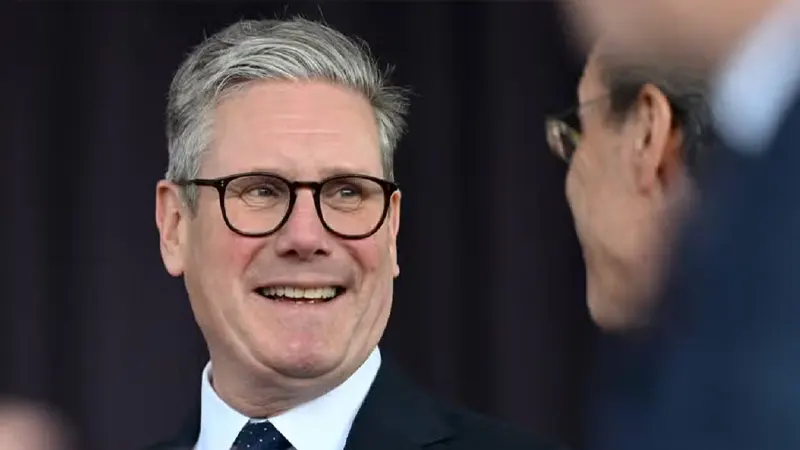Ahead of a crucial general election in the United Kingdom, Labour leader Keir Starmer shows himself to be a formidable opponent of Prime Minister Rishi Sunak and the Conservative Party's established majority. Explore Starmer's rise from a lowly upbringing to the forefront of British politics as we delve into the high-stakes struggle for Westminster.
Who is Keir Starmer?
Labour Party leader Keir Starmer might soon taking over as prime minister in the wake of the British Conservative Party's electoral vote's, which see them with just 20% of the vote going into Thursday's general election. Starmer's leadership style is still under examination despite criticism for what is seen as his lack of conviction and labeling him as an enigma. Despite this, a closer look at his past reveals a persistent loyalty to state interests, which frequently takes the form of authoritarian policies meant to preserve national stability.
Starmer's political and legal career exemplifies this strategy. During his time as Director of Public Prosecutions, he prioritized crackdowns on protestors and dissenters while shielding state agents from accountability. His calculated role in reshaping Labour's Brexit policy further demonstrated his steadfast pro-state stance and ultimately contributed to the party's electoral defeat in 2019.
Starmer has closely aligned policies with corporate interests and establishment norms, suppressed dissenting voices, and enforced strict party discipline since taking over as Labour leader. He is dedicated to upholding social order at the expense of democratic freedoms and civil liberties, as evidenced by his plans to uphold stringent protest legislation and harsh penalties for activists.
While hailed by some for his managerial acumen, Starmers ascent to power amid Conservative turmoil raises concerns about Britain's future under his leadership. Given the country's problems with social inequality, economic stagnation, and institutional weaknesses, the likelihood of continued governance under the Stars Labour Party suggests that the status quo policies that put stability before real change may continue. ~.
